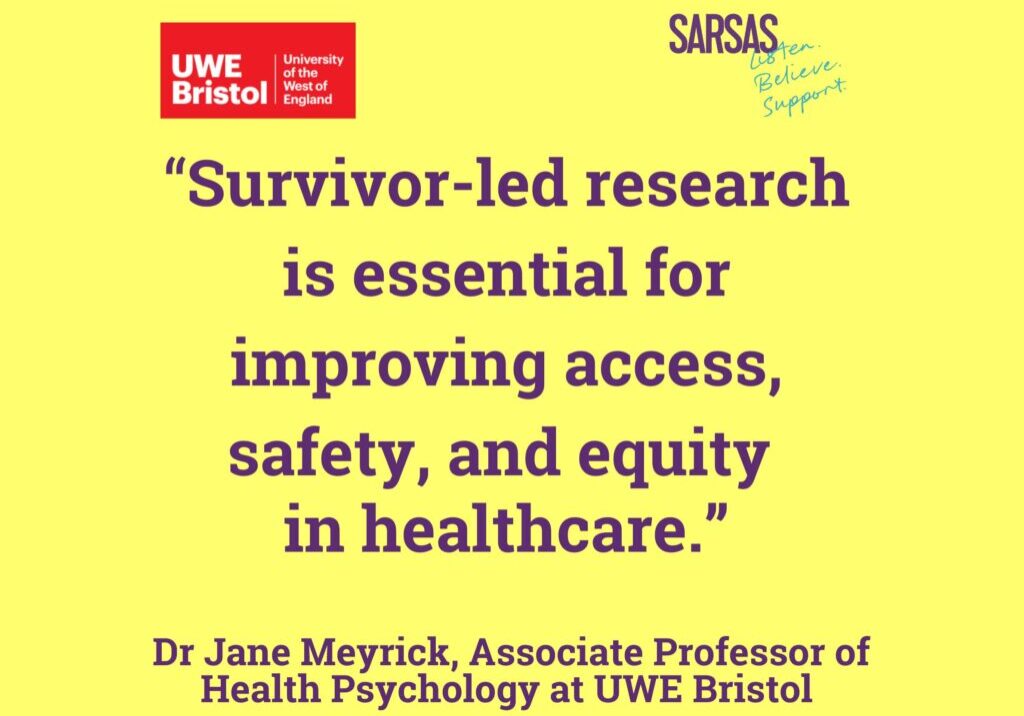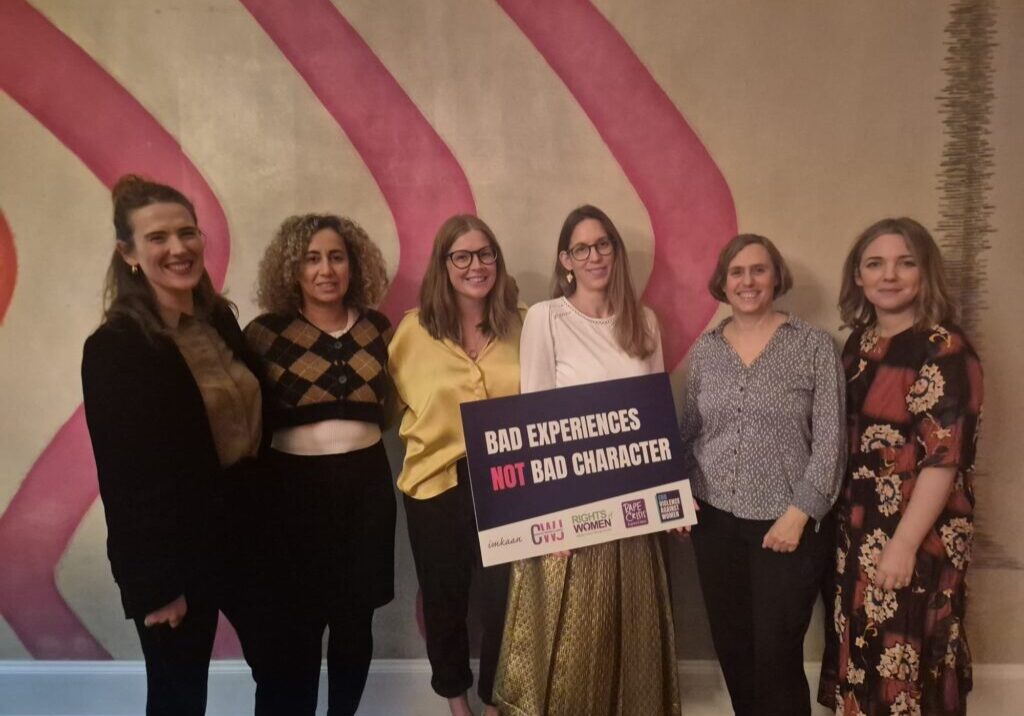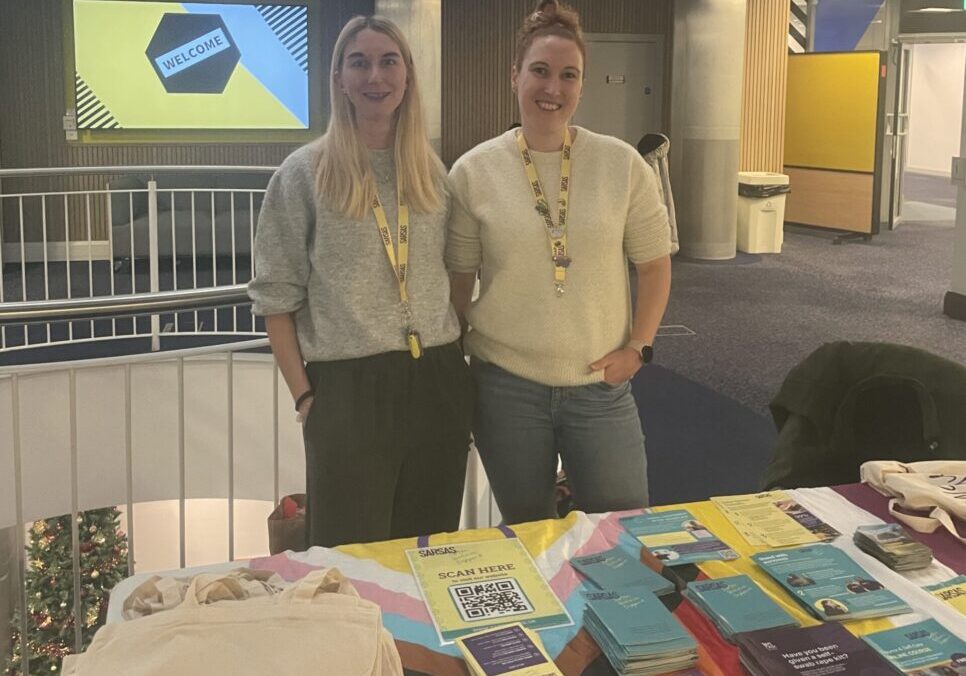
Trafficking
Trafficking involves moving people with the aim of exploiting them. This may include sexual violence, bonded labour, and servitude.
About trafficking
Those who are trafficked usually have little choice in what happens to them and can suffer threats and the use of violence against them and/or their family, or through debt bondage (when a person is forced to work to pay off a debt). Someone may be trafficking into and then around the UK; also trafficking laws cover people moving people round the UK (e.g. taking someone from Bristol to Birmingham).
What are the impacts?
Trafficking can have a wide range of mental, emotional and physical impacts on people who have experienced/are experiencing it. Trafficked people may experience extreme emotional stress, including shame, grief, fear, distrust and suicidal thoughts. Victims often experience post-traumatic stress disorder, acute anxiety, depression and insomnia.
If you or someone you know has been effected by trafficking there is support available. SARSAS’s services are open to you; we will never ask about your immigration status, but if this is an area you need support with we can signpost the appropriate services.
Where to go for help
Salvation Army
A 24 hour confidential helpline for people who may be victims of trafficking and for anyone concerned about people they think may be victims of trafficking.
0300 303 8151 – 24/7 referral line
www.salvationarmy.org.uk
Unseen UK
Unseen UK is a charity established to disrupt and challenge human trafficking at all levels.
www.unseenuk.org
UK Human Trafficking Centre (UKHTC)
Provides information about trafficking and relevant legislation.
0844 778 2406 – 24/7 tactical advice line













